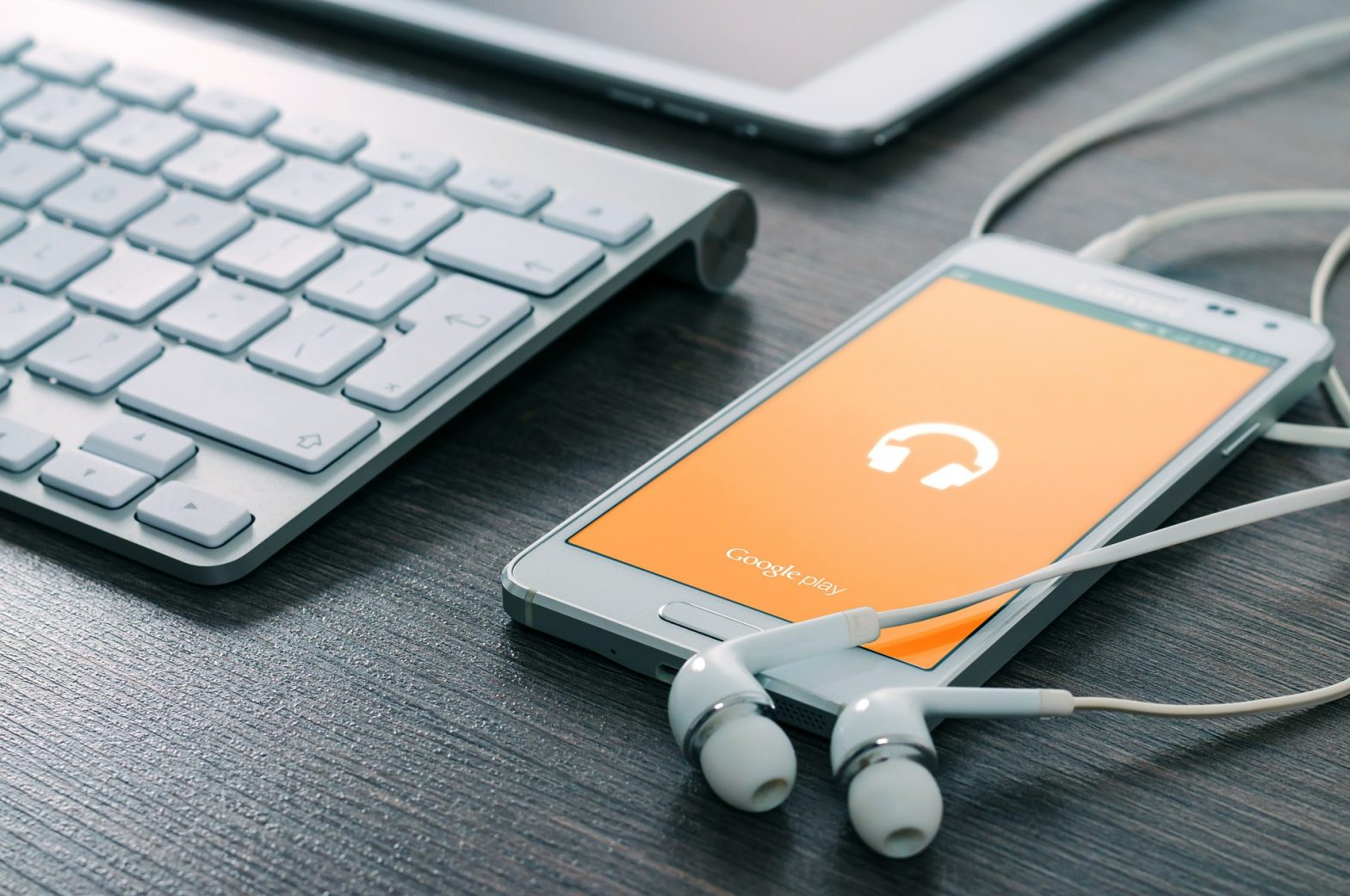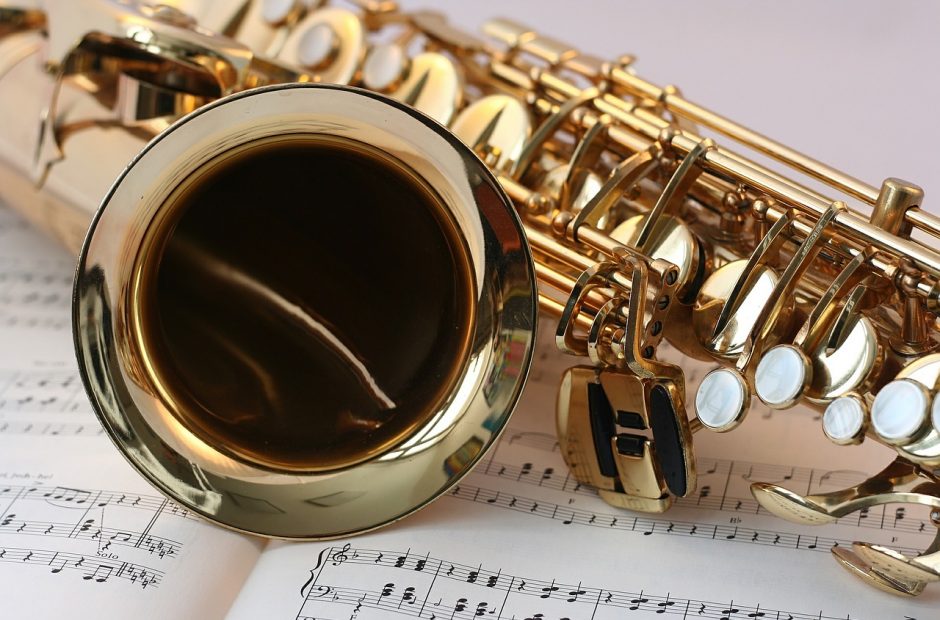Now before you begin, here’s one thing you should know; learning the piano doesn’t have to be as hard as you might have heard!
Here are a few things to be mindful of when you start to learn piano:

Establishing good habits early on – yes that includes practicing! Establishing correct hand position, fingering technique, and ensuring that you consistently hold yourself to account for slouching will ensure a solid foundation for learning the piano!
Making sure you’re practicing on a good quality piano – so if you’re self-teaching or taking in-home piano lessons, make sure your piano is up to scratch – remember an 88 -key piano is the best!
Make sure you’re seeking feedback, feedback is super important and it will help you to improve whether that’s from your piano tutor or from others around you if your learning on your own.
Look for resource material, piano teachers will often bring their own materials that are matched to your playing ability or the challenges you’re looking to set yourself. Remember to use some top resources if your teaching yourself – check out the rest of our guide for some fantastic ones!
Setting your SMART goals – Specific, Measurable, Attainable, Relevant and Timely. Stay with me now – Remember how your history homework would sit in the bottom of your bag until Monday morning when the pressure was really on to get it done and avoid detention from Mr Jackson, again! With a private piano tutor, you can create goals together based on your progress so far, and they will help to hold you accountable. Again as a self-learner, the accountability is all on you, so a little discipline and some SMART goals will go a long way.
A lot of learners will get themselves stuck playing the piano with only one hand – what makes playing the piano difficult is getting playing with two hands at the same time. Finger dexterity and hand-eye coordination are fundamental here. A piano tutor will no doubt have some handy techniques to help you break through that barrier, it’s an issue they’ll have had to deal with a many number of times. As it would be helpful to try practicing some hand-eye coordination techniques – think ‘pat your head and rub your belly’ – but maybe a bit more advanced!
It’s worth noting that for children the experience of learning the piano can be completely different from that of adults. You might want to think about taking a different approach to for children looking to learn the piano – getting piano lessons for kids and having an experienced piano tutor could rather than relying on their self-learning.
Learning to play the piano is an intrinsically personal and individual experience, what’s most important is that your adopting the learning style that suits you whether that means taking piano lessons or whether it means teaching yourself.
Ultimately the most difficult part about learning the piano is consistently applying the discipline and willpower necessary to practice and improve!
So if you’re looking for some help learning the piano, we here at Tutorful have 10,000 expert tutors who can help guide and support you on your journey from beginner to pro.
